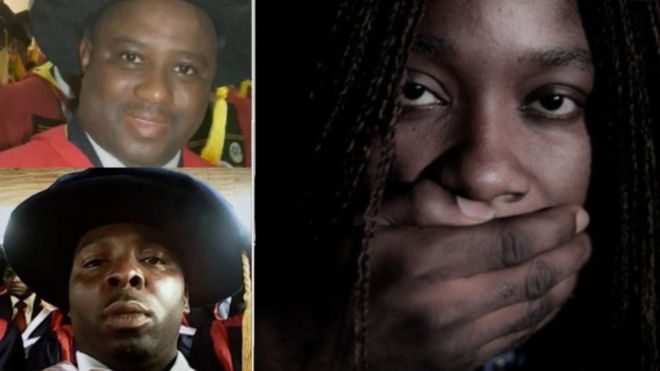YISAU ABDUSSALAM writes on the problem of sex for grades in tertiary institutions and suggests how to eradicate it.
The issue of sex for grades in tertiary institutions across West Africa has been disheartening to say the least. It is a corrupt practice usually by lecturers of these institutions; they demand for sex in order to pass students. They go as far as intentionally failing the students knowing that the students will be at their mercy, thereby taking advantage of their “helpless” situation.
Year after year, there have been allegations of sexual harassment by lecturers in these institutions, especially in federal universities. Students of these universities usually resort to social media to complain about their experiences of sexual harassment by their lecturers and when asked to report the incidences, they say that the schools would not do anything; they also argue that the lecturers have families to feed and cater for and losing their job could be disastrous for them. For many years, these kept going on and it seemed like nobody cared and no serious action was taken to prevent or put a stop to these happenings until recently when BBC (British Broadcasting Corporation) Africa Eye, carried out an investigation in a bid to expose some of the lecturers involved in the corrupt practice. The investigation was said to have been carried out for about a year. Reporter, Kiki Mordi, who led the investigation claimed to be a victim of sexual harassment in the university which eventually led her to drop out of school. BBC Africa Eye sent undercover journalists posing as students to the University of Lagos and University of Ghana. These female reporters were sexually harassed and put under pressure by senior lecturers. The scenes were unknowing to the lecturers secretly recorded. BBC Africa Eye eventually released all the footage from the investigation on its YouTube channel. Millions of views were recorded.
This sparked off conversations with different people expressing their views. The lecturers involved were exposed in the recording and have since been sanctioned appropriately by the university authorities. The university also went ahead to shut down the staff club, usually called the “cold room” by lecturers, where staff take female students to.
The film also raised a lot of controversy on social media and gave some other victims the opportunity to speak up about their experiences. A certain private university (name withheld) in Nigeria immediately sacked one of their lecturers who’s name came up in the discussions on twitter. The lecturer was accused of sex for grades for female students and receiving bribe from male students for grades.
It can be said that the BBC investigation and discovery had a domino effect on other tertiary institutions.
But, must tertiary institutions wait for the outcome of an investigation such as the BBC’s before steps are taken to prevent the criminal act? No. Tertiary institutions can put in place some measures in order to eradicate the issue of sex for grades. This could include exams being marked and graded by lecturers different from the ones who take the class. This way, the scripts are marked and graded without any form of sentiment or partiality. The institution should also set up a disciplinary committee which would come up with the appropriate punishment for any offence committed by staff of the institution. This committee should be independent and free from external control or influence. A rating portal on the institution’s site could also be provided, where students can anonymously rate their lecturers on the scale of 10 or 100. This way, if a particular lecturer has a generally poor rating, the institution could easily look into the problem and conduct investigations to find what exactly is going. The students should also avoid going to the offices of lecturers. A student support administration should be provided where students can submit complaints about their grades. The administration should then be the ones handling the cases. These are my own two cents on the issue of sex for grades.
*Abdussalam is of Mass Communication Department, Babcock University ([email protected]).














